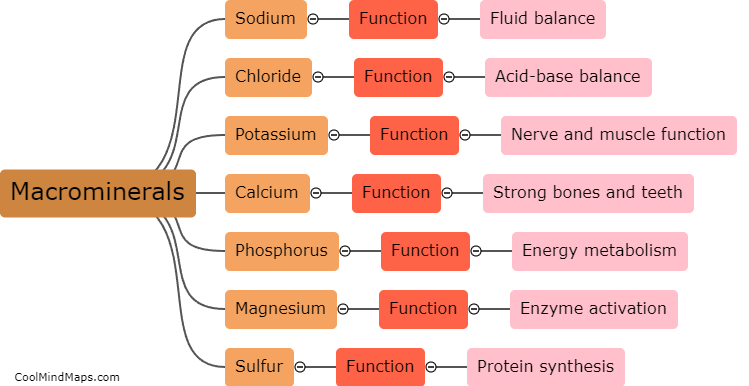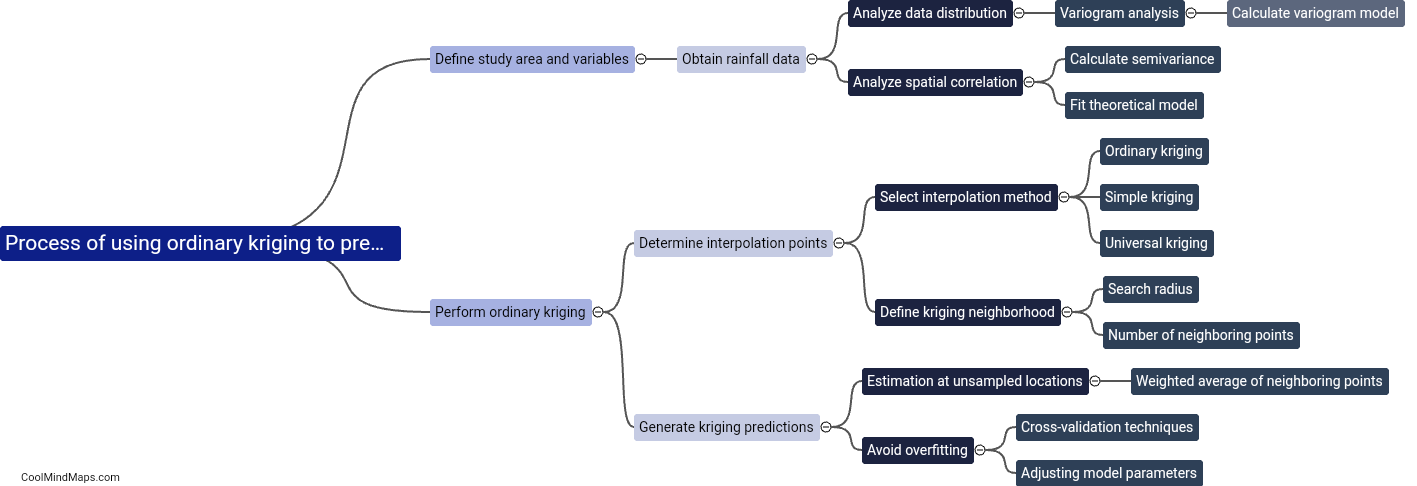How do anticholinergic drugs work in the body?
Anticholinergic drugs work in the body by blocking the action of acetylcholine, a neurotransmitter that plays a key role in regulating various bodily functions. By inhibiting the activity of acetylcholine, these medications can help to relax smooth muscle, decrease glandular secretions, and inhibit certain nerve signals. Anticholinergic drugs are commonly used to treat conditions such as overactive bladder, asthma, Parkinson's disease, and motion sickness, among others. However, they can also have side effects such as dry mouth, constipation, urinary retention, and confusion, particularly in older adults.

This mind map was published on 4 April 2024 and has been viewed 86 times.











